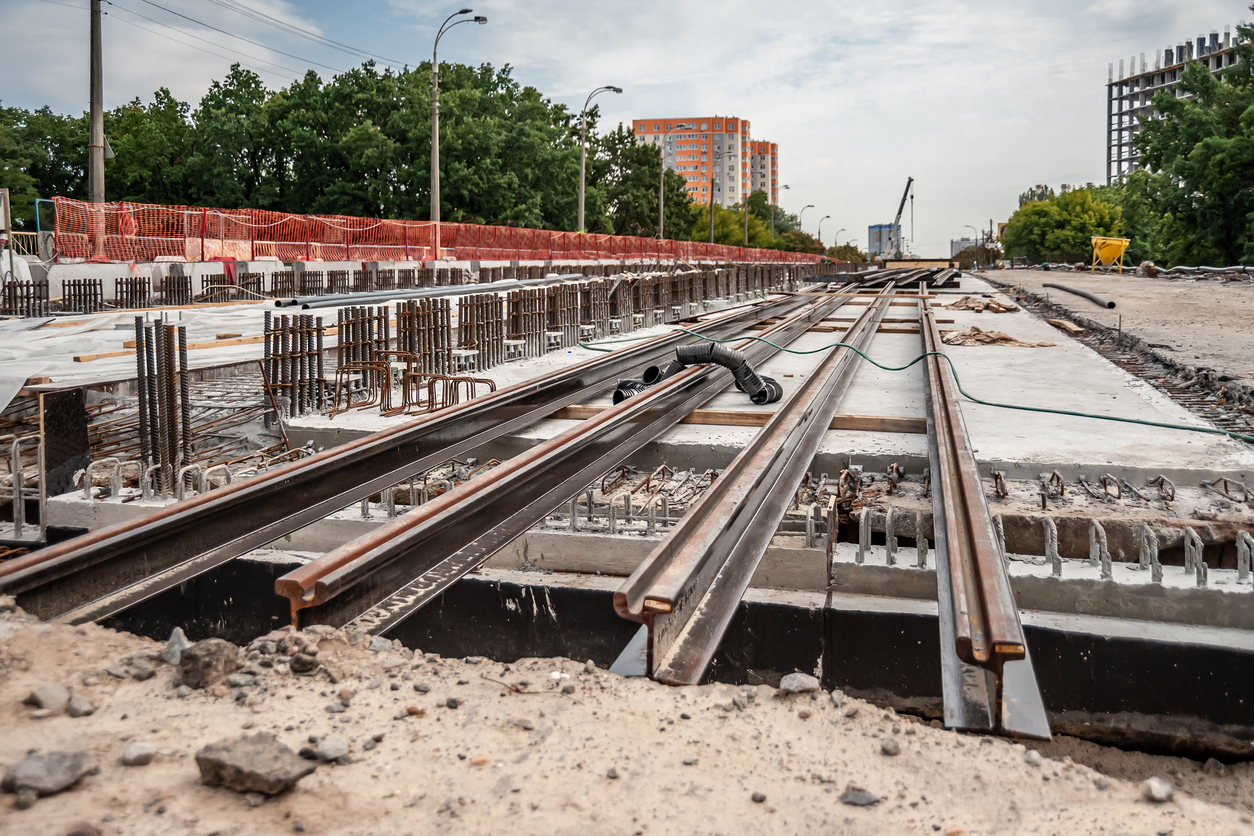ICYMI: Democrat Senator Reuven Carlyle challenges Sound Transit officials to rethink their ST3 financing plan
On August 11th, State Senator Reuven Carlyle wrote a guest op-ed that caused transit boosters to all but implode.
Senator Carlyle’s offense was observing that Sound Transit 3 (ST3) consumes “all the oxygen in the room for virtually all other public services at all levels of government for years to come.”
A supporter of both the $16 billion state transportation package and the original $15 billion tax authorization to Sound Transit, Senator Carlyle expressed reservation that the now $54 billion ST3 plan is financed, in part, with property taxes. The property tax hike is regressive and would hurt lower income families. Senator Carlyle is largely referring to the controversial McLeary ruling; public officials often say that education is underfunded but then propose massive rail expansion projects. He goes on to say that the ST3 financing plan “locks up the taxes through bonding in perpetuity and the decision can never be reversed” and that the plan is not “broad based, progressive or reliable.”
Senator Carlyle ultimately challenges Sound Transit, a public agency he respects and has supported, to be more innovative in how they generate revenue for transportation infrastructure.
In response, the state legislator was immediately criticized by colleagues and transit boosters alike.
One policymaker argued that it is “ridiculous to ask Sound Transit to wait even longer while we get our house in order…before they embark on building the 21st century transit system our economy and growing population demand.” Yet he fails to note that (19th century) light rail is not the only option on the table – it is simply the only option Sound Transit is willing to discuss. Sound Transit officials offer voters no other substantial solutions or options, and plan to significantly cut or underfund the transit options that already exist in order to feed light rail ridership.
Like Senator Carlyle, taxpayers have a voice and can challenge officials to be transparent and cost-effective with their tax dollars.
In a follow-up to his original post, Senator Carlyle asserts that he is not anti-transit. Critics of light rail in general should not be written off as anti-transit – perhaps some of them are fighting for transit-dependent people to have better options than what Sound Transit offers with light rail.
Needless to say, I agree with the Seattle Times editorial board that “discussing priorities, seeking better deals,” and asking serious questions about the largest per-capita rail-centric tax package in the nation is a part of an important public dialogue that is deeply needed for voters to make an informed and appropriate choice for themselves and their families this November.
Ostracizing lawmakers when they ask tough policy questions of major tax proposals is counter-productive and undercuts the very job taxpayers have hired them to do.






